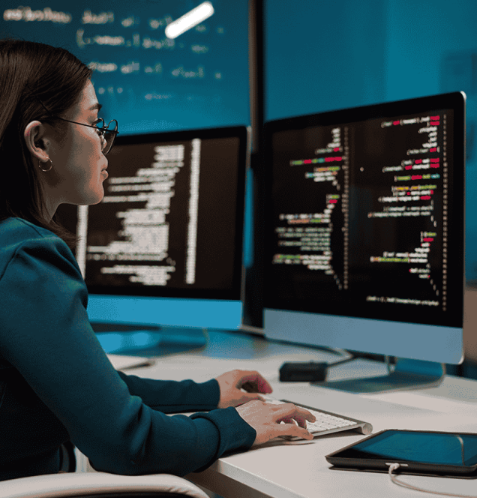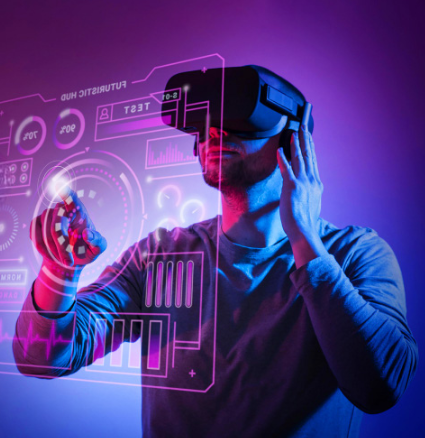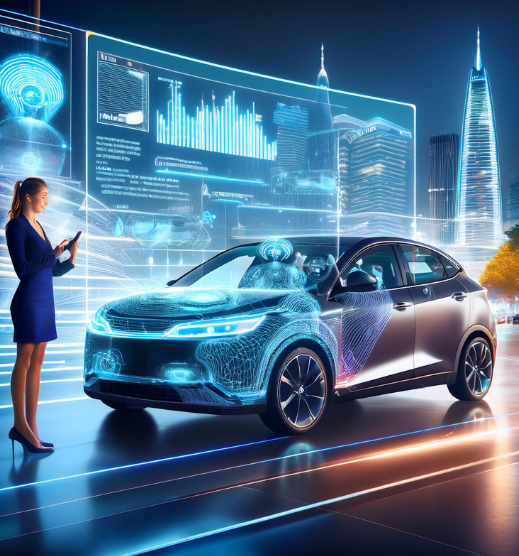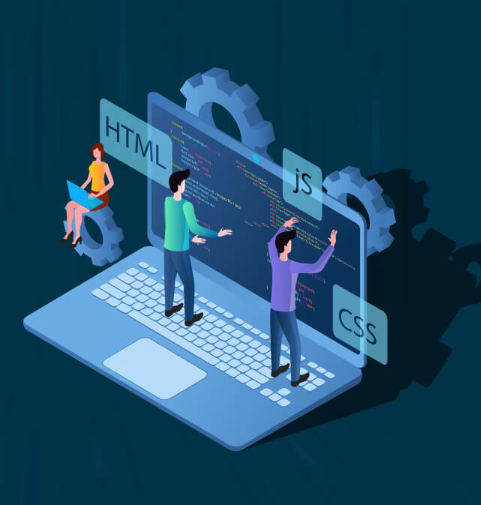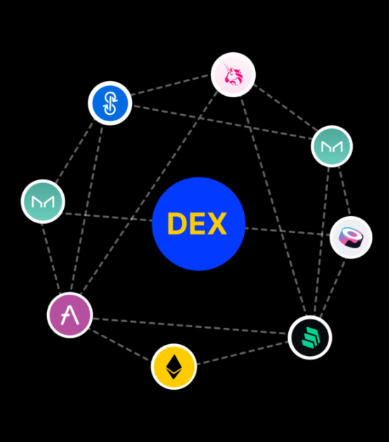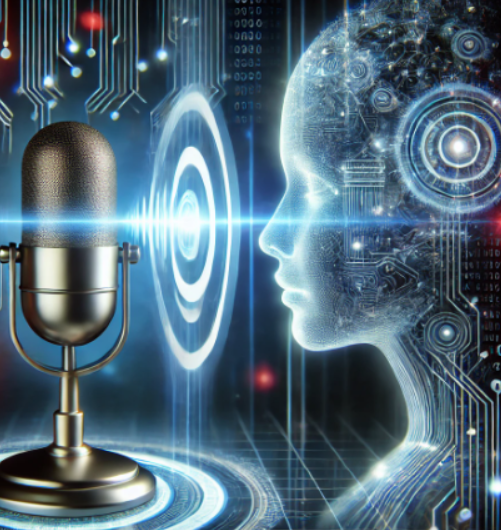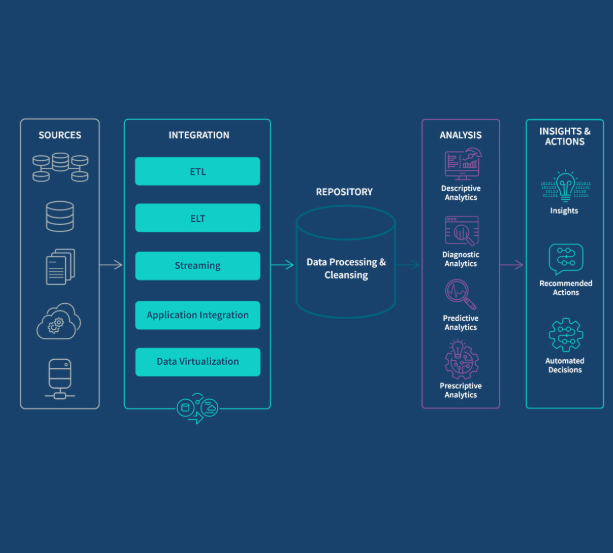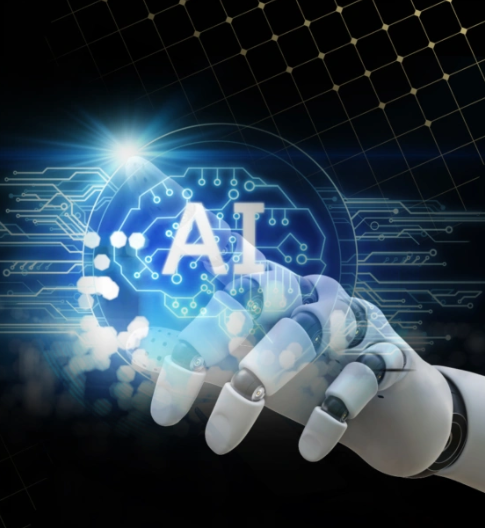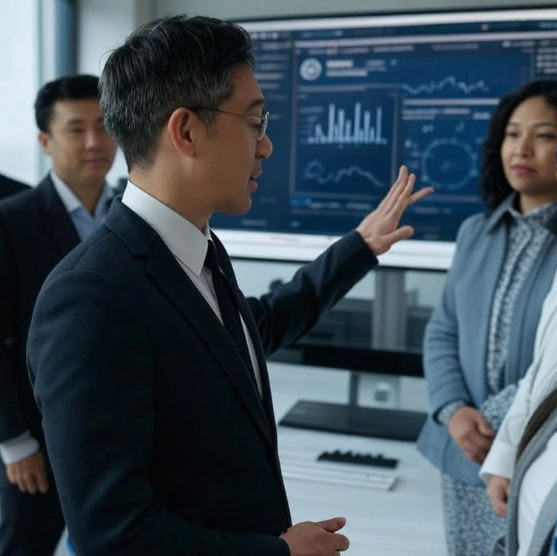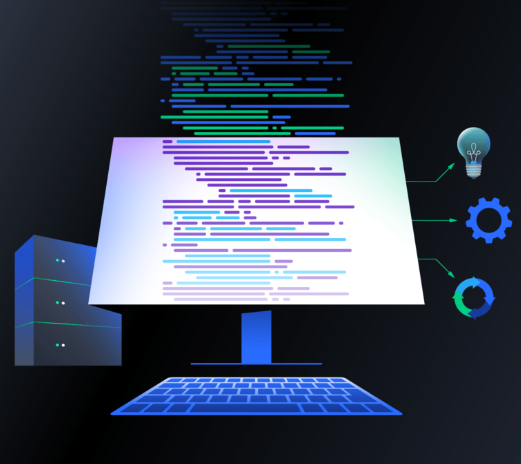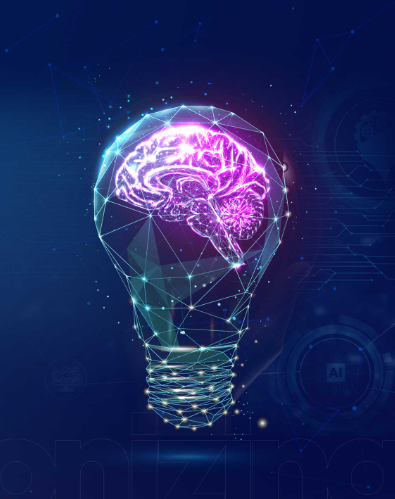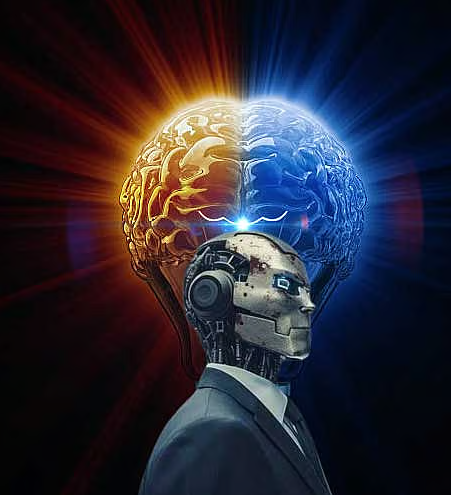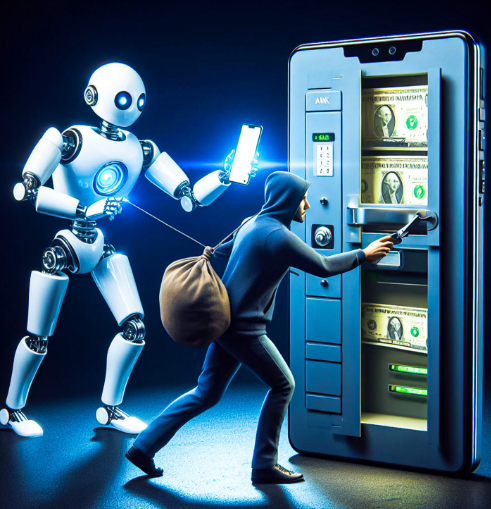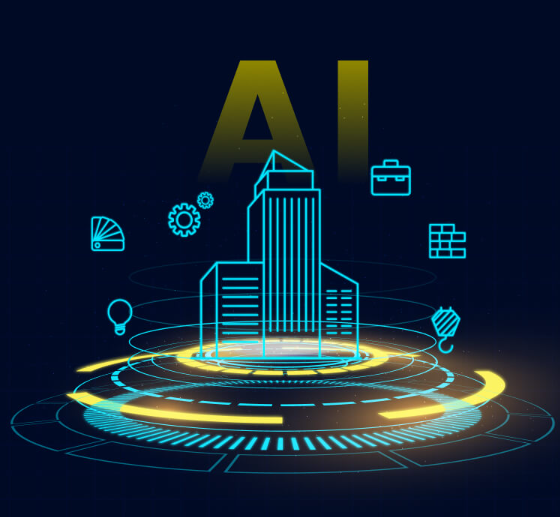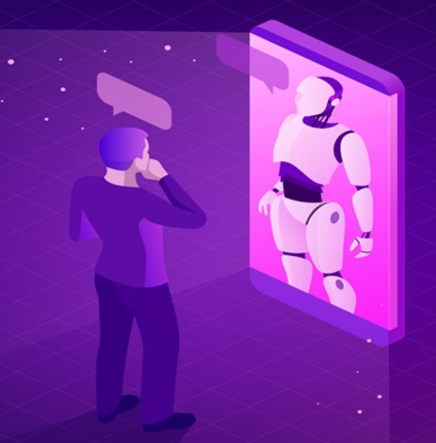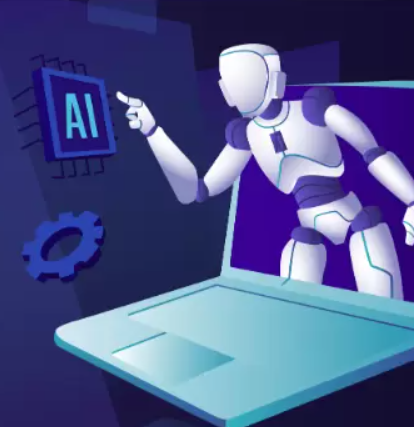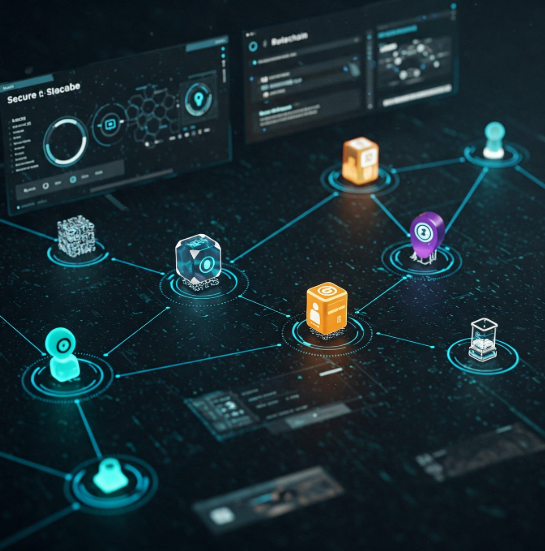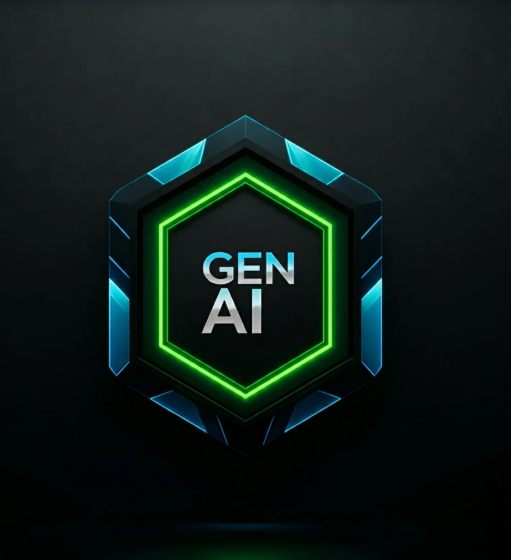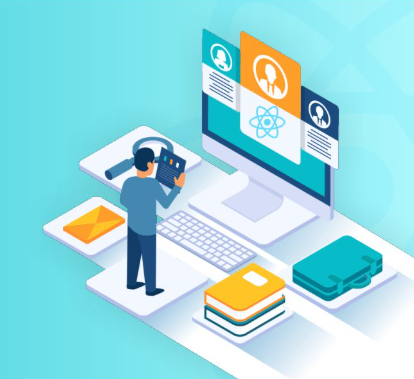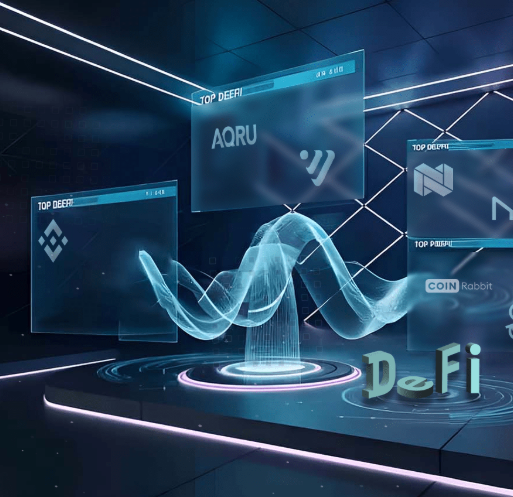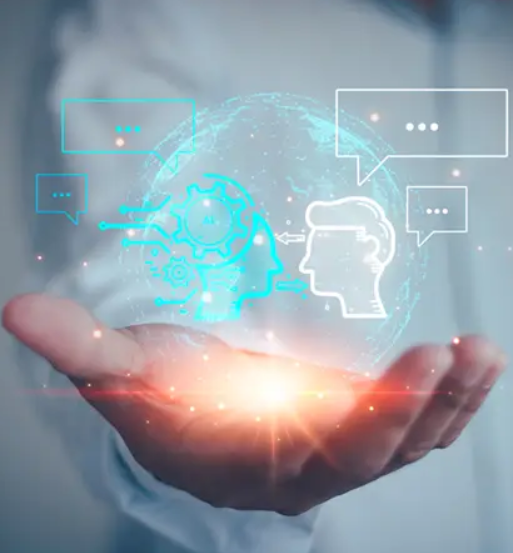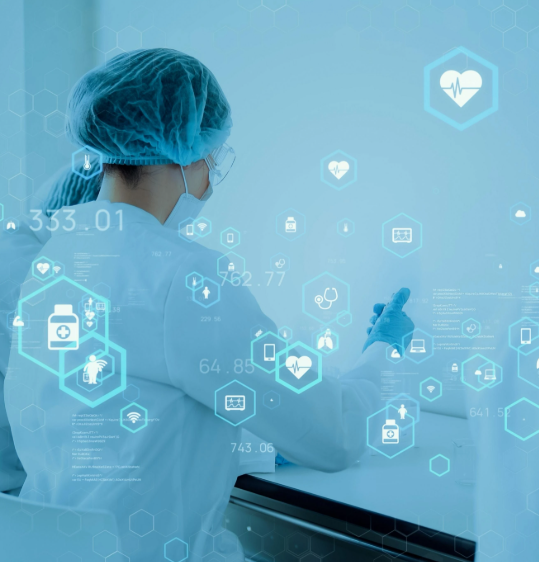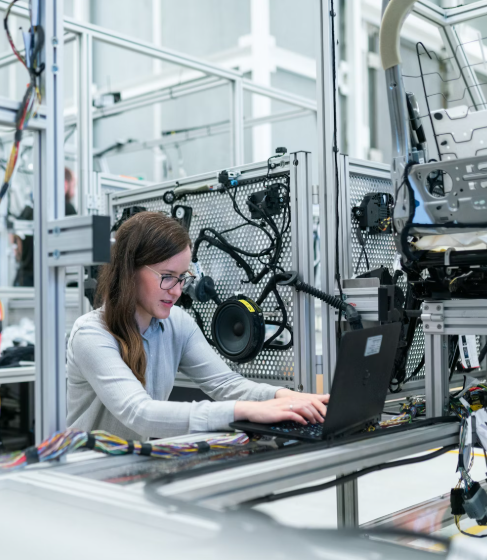
The manufacturing sector is undergoing its most significant transformation since the industrial revolution, with generative AI emerging as the driving force behind this change. This cutting-edge technology isn’t just augmenting existing processes – it’s fundamentally reimagining how products are designed, produced, and delivered to market.
The Generative Advantage in Production
Unlike conventional AI systems that analyze and predict, generative AI creates. It synthesizes new design concepts, simulates production scenarios, and generates optimized solutions that push manufacturing capabilities beyond human limitations. This creative capacity makes it invaluable for:
- Rapid prototyping and iterative design
- Predictive system modeling
- Adaptive manufacturing workflows
- Real-time process optimization
Transformative Applications Reshaping Factories
1. Intelligent Design Automation
AI-powered tools now generate thousands of viable product designs in minutes, each optimized for specific performance criteria like weight distribution, material efficiency, or stress tolerance. Automotive leaders use this to develop lighter, stronger components that improve fuel efficiency without compromising safety.
2. Self-Optimizing Production Lines
Modern factories employ generative models that continuously analyze equipment performance, automatically adjusting parameters to maximize output quality while minimizing energy use and waste. These systems learn from each production run, becoming progressively more efficient.
3. Predictive Maintenance 2.0
Advanced algorithms process real-time sensor data to forecast equipment failures before they occur. Unlike traditional predictive maintenance, generative AI creates synthetic failure scenarios to train systems on rare but critical events they may never have encountered in actual operation.
4. Customization at Scale
The technology enables economical production of personalized products by automatically generating customized CAD models and manufacturing instructions. Footwear companies now use this to offer made-to-order shoes with individualized fit and styling at mass production prices.
5. Virtual Factory Simulation
Manufacturers create digital twins of entire production facilities, using generative AI to test layout changes, workflow modifications, and new equipment integrations in a risk-free virtual environment before physical implementation.
Implementation Roadmap for Manufacturers
Adopting generative AI requires a strategic approach:
- Data Foundation
Consolidate and clean historical production data, quality metrics, and equipment logs to train initial models. - Pilot Projects
Begin with contained use cases like design optimization or quality inspection before scaling across operations. - Workforce Adaptation
Upskill teams to collaborate effectively with AI systems, focusing on interpreting outputs and managing exceptions. - System Integration
Ensure seamless connectivity between AI platforms and existing MES/ERP systems for real-time data exchange. - Continuous Learning
Implement feedback loops that allow models to evolve with new data and changing production requirements.
Navigating Implementation Challenges
While promising, generative AI adoption presents hurdles:
- Data Quality Demands require robust collection and governance frameworks
- Explainability Gaps necessitate new validation protocols for AI-generated outputs
- Workflow Integration challenges demand careful change management
- Cybersecurity Risks increase with expanded data sharing and system connectivity
Leading manufacturers address these by establishing cross-functional AI governance teams and phased implementation plans.
The Future of AI-Driven Manufacturing
Emerging trends point to:
- Self-Directing Factories where AI systems autonomously coordinate all production elements
- Generative Materials Science accelerating development of advanced composites and smart materials
- On-Demand Manufacturing Networks dynamically routing production across distributed facilities
- AI-Enhanced Circular Systems optimizing product lifecycle management and material recovery
As these capabilities mature, manufacturers that successfully integrate generative AI will gain unprecedented agility, efficiency, and innovation capacity – transforming not just their operations but their entire business models.
The manufacturing renaissance powered by generative AI has begun. Companies that embrace this transformation today will define the industrial landscape of tomorrow.




